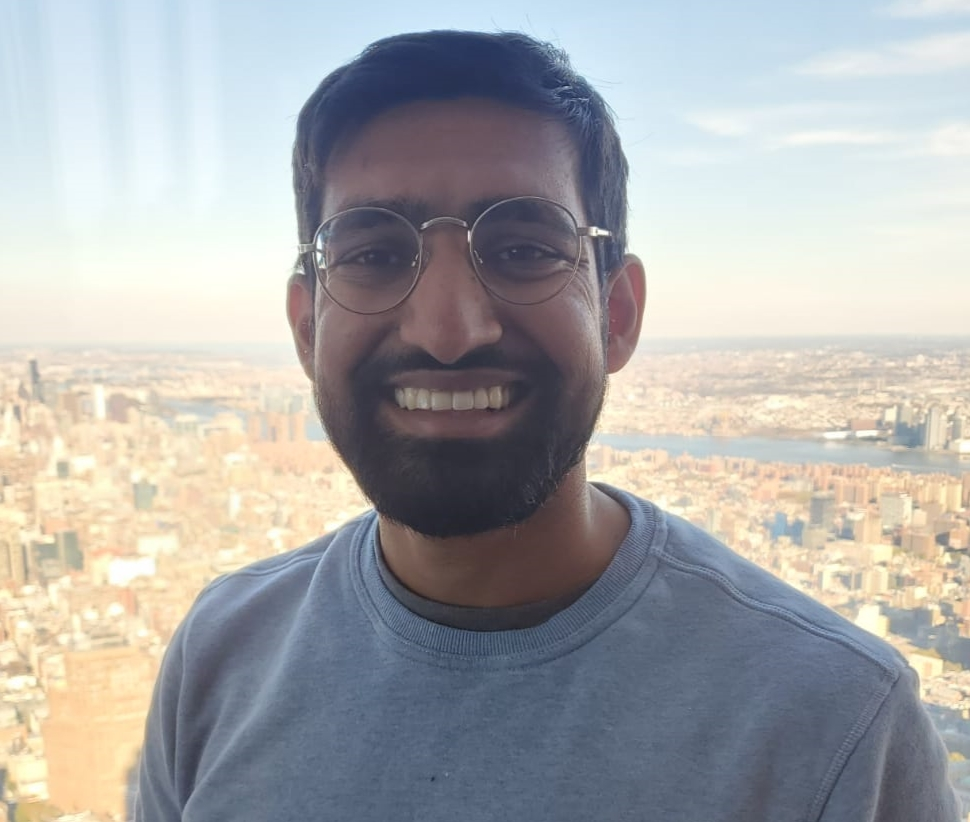Science and immigration cuts
14 Jun 2025This fall, our communities will have fewer doctors, scientific discoveries, and space missions, and provide worse education to future scientists, engineers, and medical professionals. In May, the federal government paused interviews for new student visas, and medical residents may not be able to enter the country. The presidential budget for next year proposes a 43% cut to the National Institutes of Health (NIH) – which funds almost all new drug development, an over 65% cut to computer science and engineering research at the National Science Foundation (NSF), and a 50% cut to scientific research at NASA. Many research grants from the NIH, NSF, and Department of Defense have already been terminated mid-project – including my colleague’s funding to develop a heart assist device for children with heart disease and many ongoing clinical trials.
This affects all of us, including the Houston neighborhoods where I grew up and where my family still lives. In 2024, the NIH funded $1.9 Billion in research in Texas, including over $1.2 billion at the University of Texas Health (which includes MD Anderson) and the Baylor College of Medicine. The NSF provided over $500 million to research in Texas, including at Rice University and the University of Houston. An estimated 60% of researchers at MD Anderson Cancer Center are foreign-born.
The resulting research serves as a local economic engine and advances patient health through new treatments used globally. International students contribute about $40 billion dollars to the US economy; the full tuition they pay often subsidizes financial aid for Americans, increasing domestic enrollment. Every dollar spent by the NSF returns $1.50 - $3 to our economy. It is also relatively cheap, with the entire NSF budget equaling roughly 0.2% of federal spending.
These changes are deeply personal to me and many other Houstonians. I am a product of Texas public schools, and a proud American immigrant. Before attending the University of Texas at Austin, I was educated in Houston ISD and Katy ISD starting at age 4, becoming an Eagle Scout and attending debate and computer science tournaments. This education was top-notch, and I eventually earned a PhD in engineering from Stanford University.
I now teach the next generation of computational engineers and data scientists at Cornell Tech, as part of Cornell University in New York. My research advances artificial intelligence techniques to understand and improve real-world systems, including errors in large natural language text systems (like ChatGPT), how the government can more efficiently learn about and respond to potholes and emergency flooding, and how to place long-term care patients into nursing homes. This research aims to ensure that our technological advancements serve everyone.
This story was only possible through American investment. My PhD was supported by the NSF’s Graduate Research Fellowship and a grant from the Office of Naval Research. Today, my research is partially supported by organizations like the NSF and NASA. Many of my students and collaborators are from immigrant families, and this work would not be possible without them.
My wife’s story parallels mine. Also an immigrant, she was educated by Wisconsin public schools including for her Doctorate of Medicine (M.D.). America’s investment in her family has paid off. As a primary care pediatrician, she now serves patients in one of the poorest neighborhoods in New York. She teaches the next generation of pediatricians, many also from immigrant families. Her physician parents, originally on student visas, have provided decades of care to patients in rural Wisconsin.
Stories like ours are at risk. Compared to last year, this year the NSF awarded about half the number of graduate research fellowships – all of which go to permanent residents or citizens. Universities and teaching hospitals have cut scholarships, faculty hiring, and PhD admissions. Students are hesitant to travel to conferences to share their research, and many are starting their careers elsewhere. My wife’s workplace has laid off medical staff, and her clinic is at risk due to proposed Medicaid cuts.
While fiscal discipline is important, investing in science pays for itself many-fold. Our leadership has changed the world, from the internet, to space exploration, to countless medical discoveries. It has also brought the world’s best and brightest to our shores. Many immigrants – like me, my wife, and our parents – become Americans, contribute to American innovation, and serve others as doctors, teachers, and engineers.
America should be proud of and fight to continue this track record. I urge you to write to our representatives to support research and healthcare in the upcoming budget.
